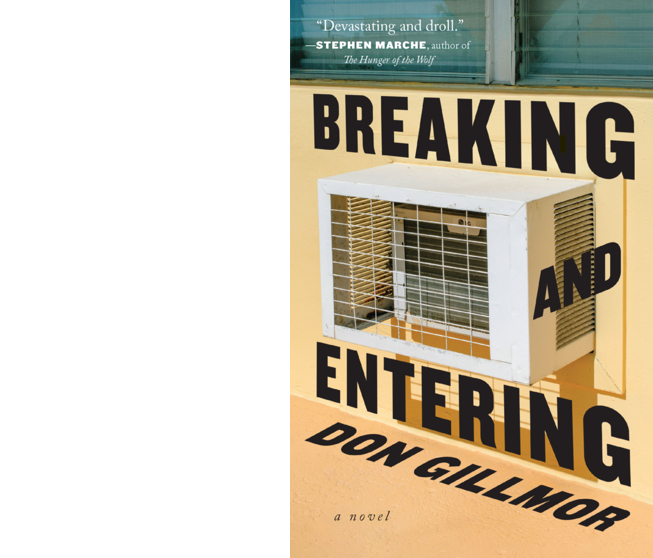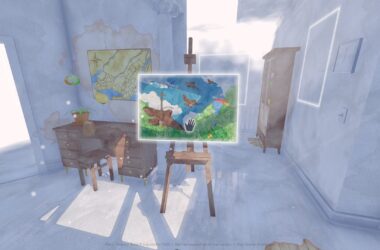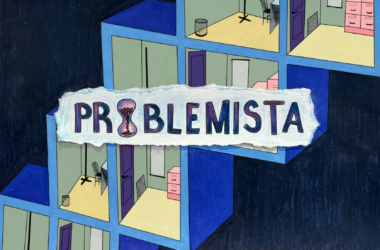The body reacts to extreme heat much like a city—its systems so overburdened, its relationships so strangely altered, that it is forced to cope in unlikely ways. In Don Gillmor’s fourth novel, Breaking and Entering, a Toronto heatwave is the crucible under whose pressures the illusions of normal life begin to fray. In reticent, spare prose, the novel chronicles the senseless mess of city living and the cruel ironies of old age, divorce, and family with the finely wrought texture of real, unspectacular life. Yet just as couples tire of their once-magnetic attraction, so too can the delights of witty cynicism become exhausting in rhythmic repetition. In combination with a distinctly generational lens, Breaking and Entering’s stunning portrait of the modern mid-life crisis nears hubris as its myopic vision and bitterness recall the voice of those who cannot see past their own inflated despair.
With her son away at university and her marriage gone cold, protagonist Beatrice ‘Bea’ Billings’ fiftieth birthday looms. After a listless Google search for ‘escape’ sparks an interest in lock-picking, Bea’s lurid curiosity for other people’s secrets compels her to transgress the boundaries that divide and uphold polite society. Increasingly indifferent to the potentially damaging consequences, Bea’s actions inch her toward the novel’s climatic upheaval, disrupting all that was once stagnant, and shamelessly confronting the ever-tightening limits of her future.
Breaking and Entering is a red-hot novel, sweaty and sexy, that pulls off a complex three-way analogy between the unsustainability of intimacy, our increasingly unlivable and volatile climate, and the coy seduction of caressing a lock until it eases open. Unsurprisingly, Bea’s perverse thrill at being an invisible intruder slides into voyeurism, creating an amusing interplay where she, the readers, and the author are all complicit in the desire to probe into the lives of strangers. With its subject of inescapable doom, the novel’s logic is necessarily self-aware and pessimistic—it infects its form with the sardonic humour of those who have lost all faith in the future. Gillmor has a caustic irreverence for the delicacy with which one would usually handle life’s shames—infidelity, pornography, or hating those whom you should love. Well past the age for euphemisms, Bea leaves readers no reprieve from the assault of absurdities that mimics the onslaught of a too-hot sun. No irony escapes her—not the persistently optimistic name of her mother’s long-term care home, nor the marriage counsellor who has lost too much faith to marry.
Students may find their unflattering mirror-image in Bea’s distant son Thomas, an aimless McGill student whose misgivings about university and carousel of romantic partners frighten his parents into delivering tense moral lectures over the phone. Bea fears that she has failed to prepare Thomas for the demands of adult life and that he is one of those ‘lost men’ she reads about. Among the novel’s assortment of inchoate anxieties, this one reads as conspicuous melodrama. I am unconvinced that there is genuine cause for worry in Thomas’ character, given just how many ‘Thomases’ I know and the degree of respect I have for them. Here, Gillmor’s address of the intergenerational rift unwittingly reveals his own bewilderment at youth culture and risks alienating younger readers. A comic and unfairly represented character, Thomas would benefit from a more nuanced gaze than that of his parents, or that of the author. I will let the reader, however, judge the veracity of his claim that McGill only accepts ‘crazy’ women, and all the ‘sane’ women are sent to Yale.
By turns depressing and hilarious, Breaking and Entering charms with its understated humour and surprising range of intertextuality with other novels, films, and art history. Though this novel deals with the anxieties of another generation, student readers will undoubtedly find their likeness in its characters and a fondness for Gillmor’s searing wit.
Don Gillmor’s latest novel, Breaking and Entering, is available at all book retailers.









